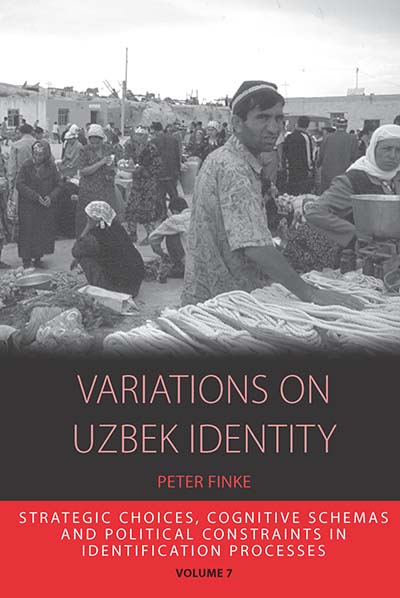Ana Salzberg’s newly published monograph, Beyond the Looking Glass: Narcissism and Female Stardom in Studio-Era Hollywood, takes a closer look into the private and public personas of classic Hollywood’s female stars. Following, the authors shares more about her subject and offers a fresh glimpse of the “narcissism” of the female star.
_________________________________
What drew you to the study of the female star in classic cinema? And what inspired you to research and write on this topic?
One of the remarkable things about golden-age stars is that you meet them virtually everywhere these days: Turner Classic Movies, DVD box-sets, biographies, bio-pics – not to mention their digitally animated counterparts in commercials. On a very immediate level that we all – not just researchers – experience, old Hollywood has new life.
Continue reading “Cinematic Gazing ‘Beyond the Looking Glass’”

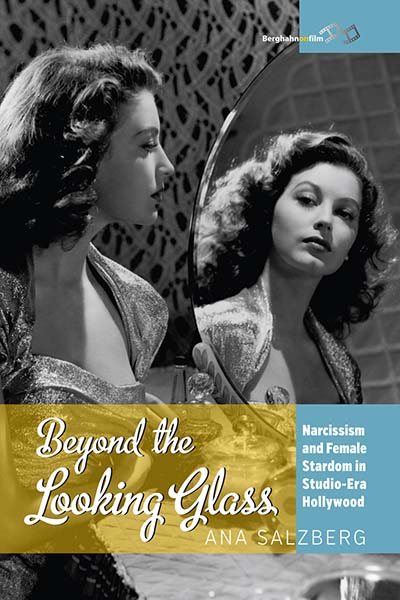
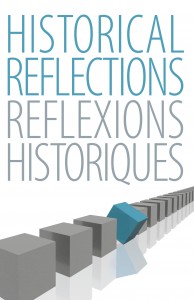
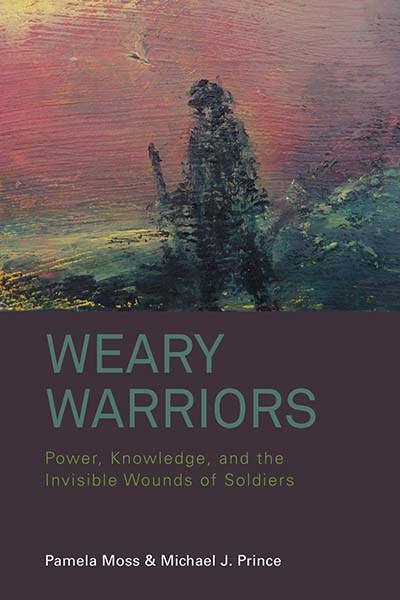
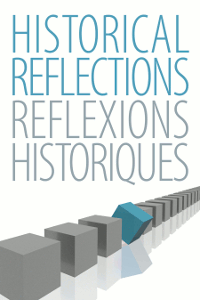 This is the third in a series of posts dedicated to celebrating the
This is the third in a series of posts dedicated to celebrating the 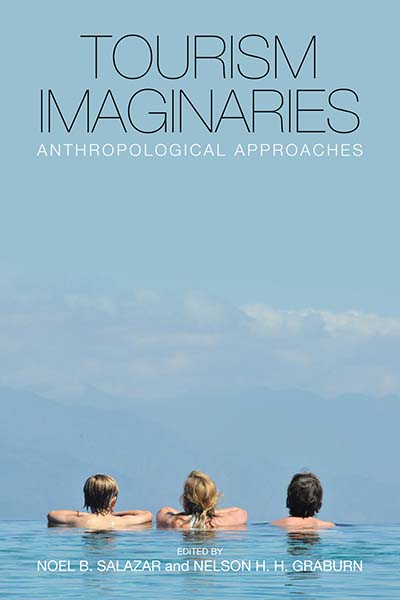 Anthropological Approaches
Anthropological Approaches 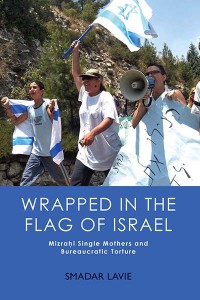 Berghahn Books: What inspired your love of your subject? When?
Berghahn Books: What inspired your love of your subject? When?
